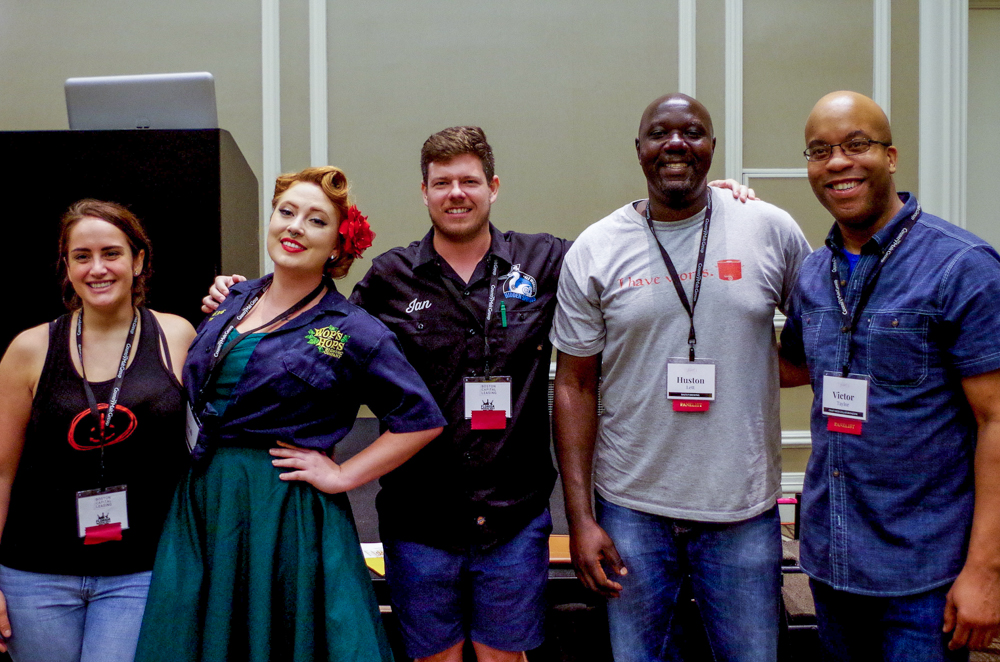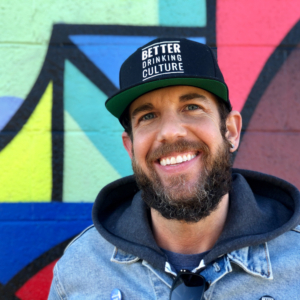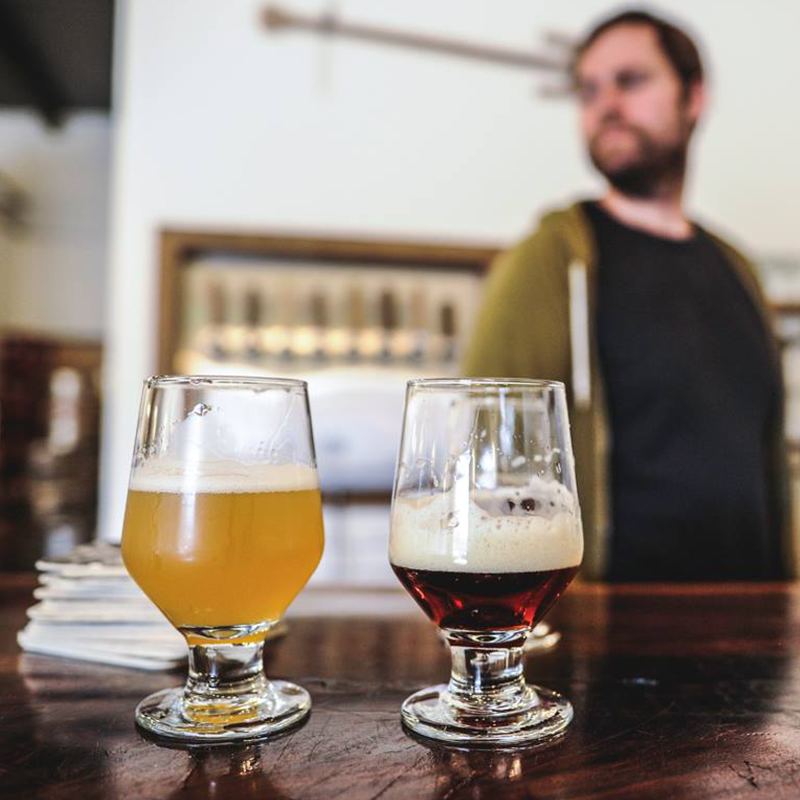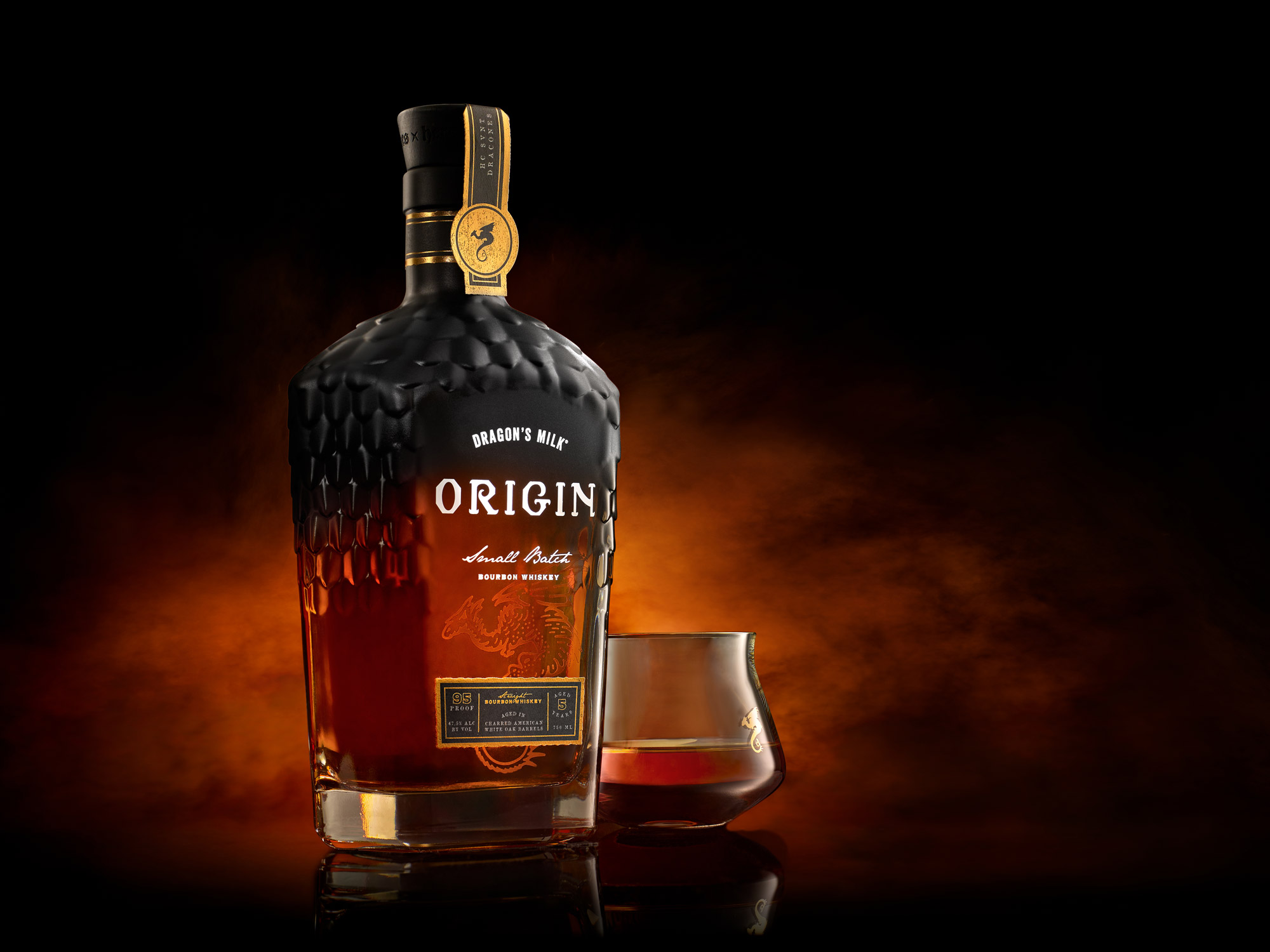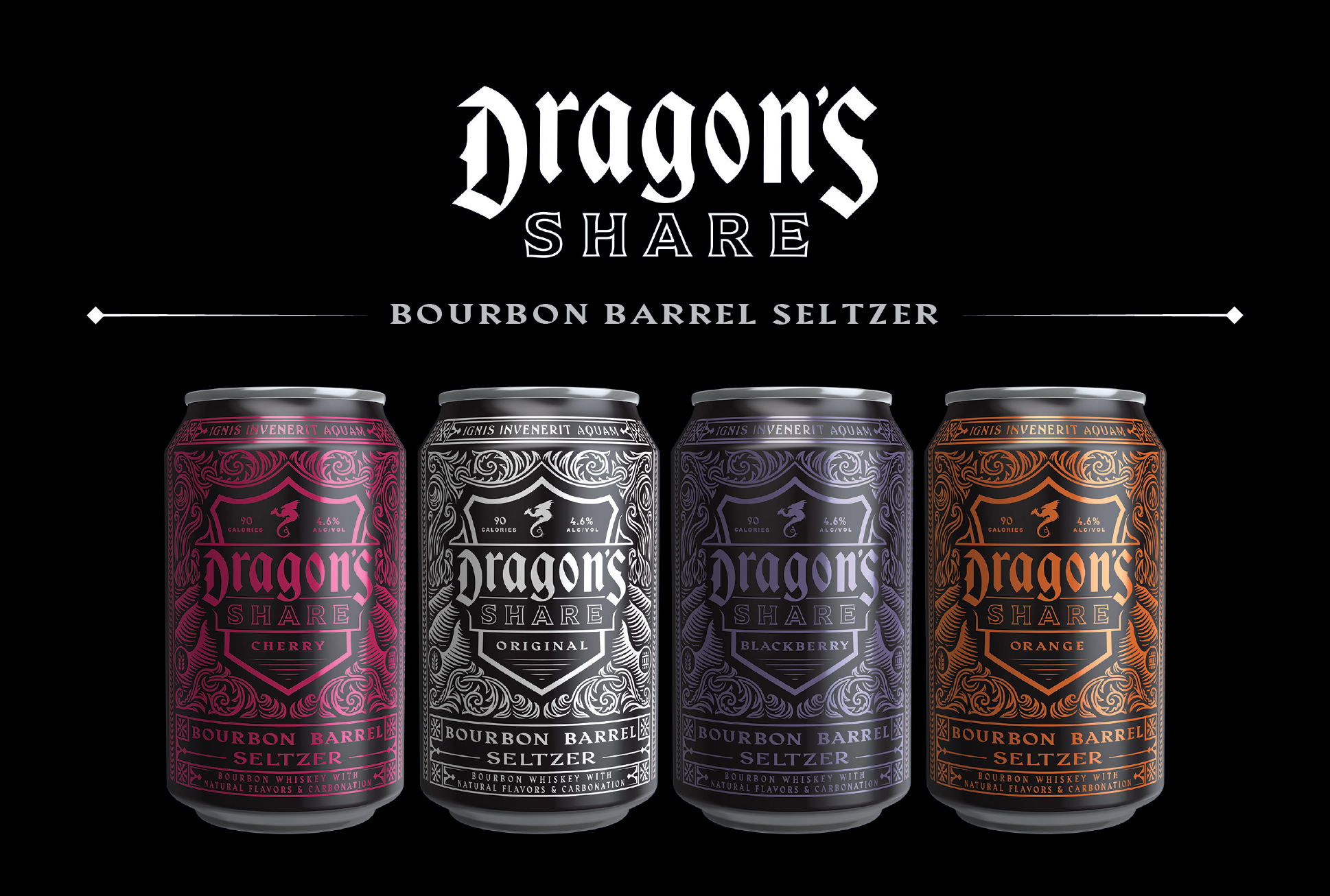Recent tragedies prompt committee to address sensitive stigma
Four people working for different breweries in Florida completed suicide in the first three months of 2020—one female owner, two taproom employees, and a stakeholder of a brewery-in-planning. Those in the local craft scene suspect that these tragedies echo a familiar list of recurring risk factors—addiction, physical and emotional abuse, and overwhelming stress have compounded themselves into a deafening plea for a long overdue conversation about mental health.
Devastated by losing loved ones in their own industry, the Florida Brewers Guild (FBG) is taking action. They’re one of the first state guilds in the country to assemble a mental wellness committee for their brewery members and allied trade partners. Their guild’s executive director, Sean Nordquist, along with Jay Dingman, former longtime board member, enlisted the help of Jacqui Garman, licensed clinical social worker and co-owner of Hidden Springs Ale Works, to help them lead the initiative.
In April of 2020, on behalf of the FBG, Nordquist hit “Send” on a telling e-mail newsletter to their subscribers. The timing was hot on the heels of COVID-19, which didn’t allow much grace for grieving. While trying to lead a statewide industry still coming to terms with four deaths, Nordquist typed plainly, “Jobs are being lost. Livelihoods are at serious risk. […] It can be very difficult to process for many.” He announced the guild’s recent efforts to advocate for mental health awareness, fully aware that the topic is “still very much stigmatized,” and that “the only way to address [it] is to act.”
The newsletter closed with an open letter that Dingman penned. In an admirable display of courage and vulnerability, he shared a transparent glimpse into the “suffocating” pressure he felt coming to terms with a failing brewery he owned. During a phone conversation, Dingman told me, “I didn’t realize when I was going through it how traumatic it was. You work as hard as you can, and it still systematically falls apart.” I asked him how he coped while in the midst of the impending closure. “I drank like a motherfucker and ended up sleeping in my office a lot.” Reflective from that trauma, he says, “A lot of people are right on the edge of losing it, but it’s possible that something positive can come out of it.”
Dingman calls out what shouldn’t be a surprise: “This industry is a hotbed for anyone in trouble. It’s obviously very easy to drink—drugs aren’t uncommon either—and we also know it’s tough to ask for help. But, the initial step has to be getting people to talk about it.” In my other interviews with Nordquist and Garman, they agree—the conversation has to start somewhere.
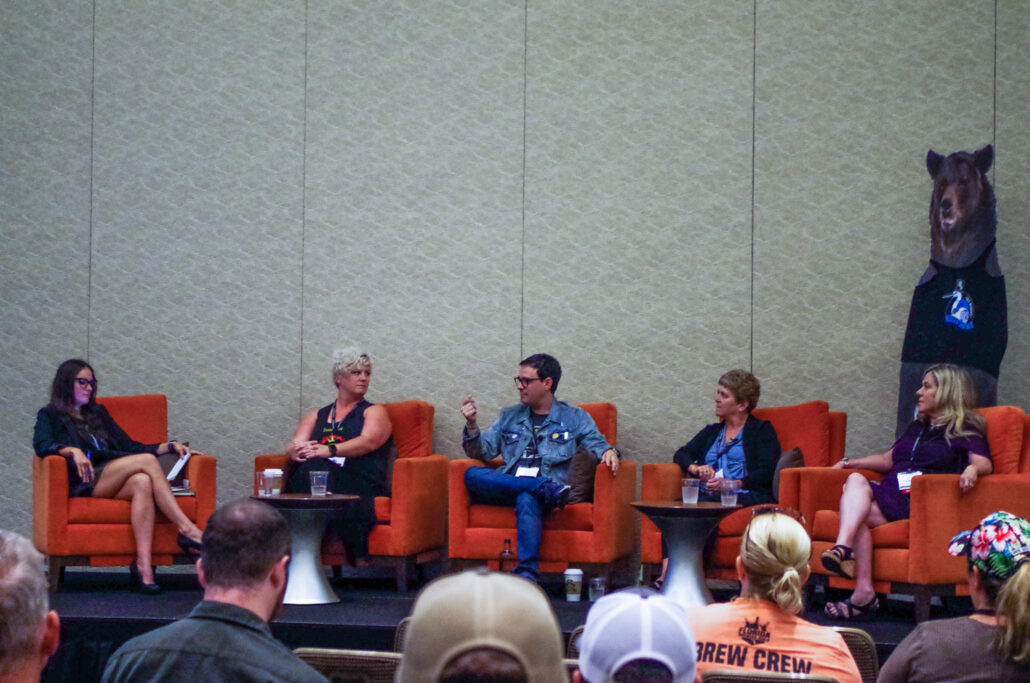
Drinkible: What was the catalyst for starting your mental wellness committee?
Nordquist: I’ve always considered mental wellness (and all that goes with it) to be a very important issue that does not get the attention it needs. From personal issues like anxiety and depression to substance abuse and addiction, to partner abuse and its impact on families—these aren’t unfamiliar. I’ve been in and around the service industry most of my adult life, and I have seen firsthand how these issues continue unchecked—they can be devastating. I wanted to see the conversation started, and saw the opportunity when I learned Jacqui, a mental health professional, was already in our network. Still, I think the formation of the committee was a long time coming, but the final straw was the loss of our four people to suicide. I knew that I couldn’t wait any longer, and immediately reached out to Jacqui to see what we could do to help.
While still relatively new in uncharted territory, is there anything in particular that a brewery is required to do in order to engage with the committee or your efforts?
Nordquist: At this time, not yet. We’re still in the discovery phase, learning, before we consider what possible actionable items we might recommend.
Dingman: The first thing we’ve tackled is taking stock of what resources we already have and those that are available to our members. It’s tough because we can’t necessarily offer medical advice. However, we can help navigate through recommendations for programs and creative outreach approaches that brewery and trade owners can take advantage of when they recognize their—our—people are experiencing various issues. We may also establish our mental wellness initiative as a 501 (c) (3) so it can start raising its own financial support.
Are you aware of any other state guilds that have also made similar efforts toward normalising mental health awareness?
Nordquist: As far as I know, we were the first to establish a committee. Since, the South Carolina Brewers Guild has also started compiling similar resources, and others are discussing it.
Dingman: Sean’s done a great job of communicating our intent with other state brewers guilds nationwide. I’m optimistic that others will follow suit.
Jacqui, how have the two major hats you wear played into accepting the FBG’s invitation?
Garman: Between operating a private practice and co-owning Hidden Springs Ale Works, including nights behind the bar during the brewery’s early days, I’m quite aware of the lack of open, public conversations regarding mental health, and as a brewery owner—our industry’s exposure to alcohol and substance abuse.
You first scratched the surface on this subject with the FBG when you spoke on the topic at their annual conference in 2018. How’d that come to be?
Garman: That first talk, “The Bear in the Room: Mental Health in the Brewing Industry,” was a panel-led workshop, which allowed others to share their narratives. It was impactful because it had never been talked about in a public forum so openly in our industry, locally.
Leading up to that, however, was a series of events that prompted the desire to raise awareness. The first was a personal experience that hit close to home related to mental health in 2017, followed by the Morning Advertiser interview with Shaun Hill, of Hill Farmstead, and then the shocking death of Anthony Bourdain by suicide that June.
Interesting that you mention Hill. That piece landed on my radar after another similar story broke about Scott Sullivan, owner of southwest Michigan’s Greenbush Brewing Co. Once that happened, I also ended up interviewing Sullivan. What I found most impactful was, to your point—that he simply got vulnerable enough to start sharing what he was going through. When I read Jay’s open letter, I could empathize with its parallels.
Nordquist: Exactly. I knew that his letter would carry far more weight coming directly from him, rather than me trying to paraphrase. Jay and I have been friends for a long time, and so I knew his story and the valuable potential it had to resonate with people.
When we start to have conversations about mental health and suicide, particularly in this industry, it’s near impossible not to question how we handle our consumption habits. Do you think the craft beer industry has a drinking problem? If so, what are we getting wrong?
Nordquist: I think that, like any industry, there is certainly a segment who abuses alcohol. The service industry as a larger entity seems to have a tendency towards it, and the beer industry is no different. Add in being surrounded by it at all times and it can be difficult for those who have addictive tendencies. And, there’s the fad of chug videos and shotgunning beers that just doesn’t seem to go away. It’s a little tough to counterbalance those images that are all over social media with messages of wellness and responsibility.
Garman: I don’t we’re getting anything wrong, per se. Mental health has carried a stigma for a long time, and to get rid of that stigma is going to take some time and work. I do believe a great number of people in the craft beer industry are ready to end the stigma. I don’t think the industry, as a whole, has a ‘problem.’
Are there people within the industry who have substance abuse/dependency issues? Probably, but it’s not everyone, and by educating ourselves we can make a difference for those who are ready to affect change while providing resources and support for those who struggle with those types of dependencies.
With the obvious and critical need to have conversations about mental health, when we know so much of that wellbeing is legitimately connected to how we cope with life, why has it been neglected so egregiously? Keep in mind, I’m talking about pre-COVID-19.
Nordquist: It’s easy to dismiss or downplay, yet the stigma surrounding it is still very real. I think there’s also the stereotype for men that says you just don’t talk about stuff like that. Because our industry is so heavily dominated by men, everything starts compiling. Overall, though, for many—men, especially—vulnerability is considered a sign of weakness, so it all spirals into a self-perpetuating cycle.
The million dollar question: So then, how do we break the stigma and that cycle?
Nordquist: I think it all starts with communication. The more we talk openly and honestly about mental health issues without [making it shameful], the more people will see that they’re not alone.
What are some of the easiest ways breweries AND their employees can engage to raise awareness?
Garman: Talk about it. Opening discussions. Creating a space where people feel comfortable talking about it. Anyone can ask how a colleague’s doing—and we should be—but truly caring about their response and creating a safe space for them to share can make all the difference.
Whether from your experience as a brewery owner or in your clinical work, how have you approached that?
Garman: Our goal with our staff at the brewery is to create a healthy workplace, which means we have to also focus on our staff’s mental wellness. It’s not just about having them stay home when they’re sick with a cold. Taking the team outdoors for team building, offering mental wellness days, and regularly checking in with them regarding how they’re doing are easy ways to support their mental wellness.
Similarly, what advice might you have for what breweries and state guilds can do to make progress in destigmatizing addressing mental health?
Garman: State guilds could bring people in to talk about mental health. That’s the fastest way to normalize it. By creating a place to discuss, learn, and share, you’re essentially saying we see you, you’re not alone, and we support you.
As a brewery, start to review what you currently offer to support your staff regarding mental wellness. Ask your staff what might be helpful to them. Create a safe environment that promotes discussing how everyone is doing and ensure they’re treated with respect and dignity when they do share. You could start by checking in at your daily huddles or weekly team meetings.
Familiarize yourself with what community resources are available to your team that support mental health if you’re unable to offer company health insurance. Our brewery wouldn’t exist without our team, and because we value them prioritizing their mental health as much as their physical health helps in retaining them, too, further reinforcing that safe space.
Dingman: Whether it’s a brewery at the mercy of seemingly impossible challenges—a brewery’s financial death, for example, can be slow and painful—or an individual struggling with whatever they’re going through, we have to be aware enough to consider how far out any given circumstance might affect someone.
So, for those actually going through it, whatever their “it” may be, do you have any words of wisdom?
Nordquist: Open up the dialogue. And if it’s not something you’re comfortable with, find someone who is and put them in a position to help your employees.
Dingman: We’ve started asking each other, “What do you do to keep your head?” Meaning: we don’t always have to drink when we hang out. What else are you into that we could do together: biking, yoga, share a meal at a new local spot, etc.? It may sound cliché, but if we can keep one person alive—from losing their head to whatever they’re dealing with—we’re making a positive difference.
You don’t have to work at a brewery or be anywhere adjacent to the beverage alcohol industry to be able to wrap your head around the fact that we, as humans, all struggle with a spectrum of issues. Sometimes those obstacles feel like impossible dead-ends more often than seems fair. It’s during those particularly tough times when we need to reach out to our trusted circles the most. What you’re going through matters, and so do you. Keep your head, and please be well.

